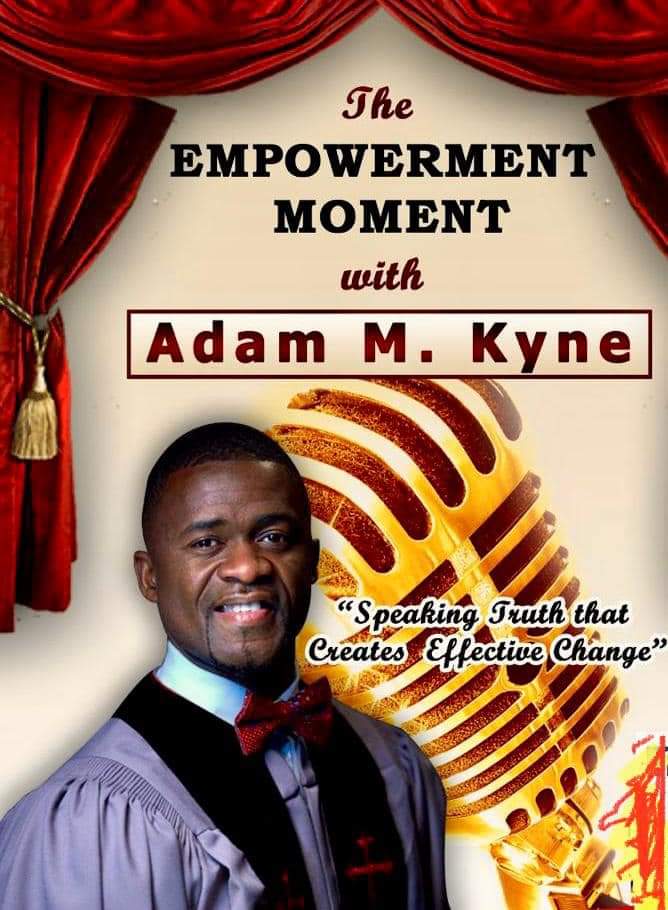Liberia’s Unification Day is a powerful reminder of the importance of unity and reconciliation in a nation torn apart by years of ethnic and political divisions.
This annual celebration of national identity marks the coming together of two major ethnic groups, the Americo-Liberians, and the Indigenous people. It symbolizes the country’s commitment to overcoming past conflicts and working towards a shared future.
From its origins in the mid-19th century to its evolution during the years of civil war and post-war reconstruction, Liberia’s Unification Day holds valuable lessons for us all, particularly as we navigate a polarized political climate characterized by hate and destructive division.
This commentary explores the significance of Unification Day, its historical and cultural context, and its relevance to Liberia’s present and future, drawing on the insights of the country’s founding fathers and offering hopeful suggestions for a more unified and prosperous Liberia.
Liberia’s Unification Day is a significant event in the country’s history that celebrates the unification of two major ethnic groups, the Americo-Liberians, and the indigenous people. The day is marked on May 14 every year and signifies the importance of unity in the country.
The origin of Liberia’s Unification Day can be traced back to 1847, when the country declared its independence from the United States of America. The Americo-Liberians, who were descendants of freed slaves from America, were the ruling class and had little interaction with the indigenous people. The Indigenous people, on the other hand, were viewed as inferior and were subjected to discrimination and marginalization.
In 1885, President Hilary R. W. Johnson proposed the idea of unification, officially adopted by President William V. S. Tubman in 1944. The unification policy aimed to unite the two groups and create a sense of national identity. It also sought to promote equality and eliminate discrimination against the indigenous people.
Over the years, Liberia’s Unification Day has evolved, particularly during the civil war. The war, which lasted from 1989 to 2003, was characterized by ethnic and political divisions, with different factions fighting for control of the country. The war caused immense suffering, displacement, and loss of life, and it was only through the efforts of the international community that a peace agreement was reached.
Post-war, Liberia’s Unification Day has taken on a new significance, with efforts being made to promote reconciliation and foster unity. The country has made minimal progress in rebuilding its infrastructure, creating jobs, and improving access to education and healthcare. However, the country still faces challenges such as corruption, poverty, and inequality.
As Liberia approaches the upcoming election, there is a need to ensure that the spirit of Unification Day is upheld and efforts are made to promote unity rather than division. The political divide and partisan politics that have characterized previous elections have destroyed the country’s progress.
In the words of Liberia’s founding father, Joseph Jenkins Roberts, “We must bind ourselves together in one common bond of brotherhood and work together for the good of our country.” This sentiment is echoed by other founding fathers, such as Edward Wilmot Blyden and Hilary R. W. Johnson, who believed in creating a national identity and promoting unity.
Moving forward, the best way to honor Liberia’s Unification Day is to promote unity, foster reconciliation, and work towards achieving the country’s development goals. This can be achieved through dialogue, inclusivity, and a commitment to the common good. Political leaders must set aside their differences and work toward the country’s greater good.
In conclusion, Liberia’s Unification Day is a reminder of the importance of unity and the need to overcome ethnic and political divisions. As the country approaches the upcoming election, it is essential to promote a culture of inclusivity and dialogue and work towards achieving the country’s development goals. As Liberia’s founding fathers believed, unity is necessary for the progress and prosperity of the country.

